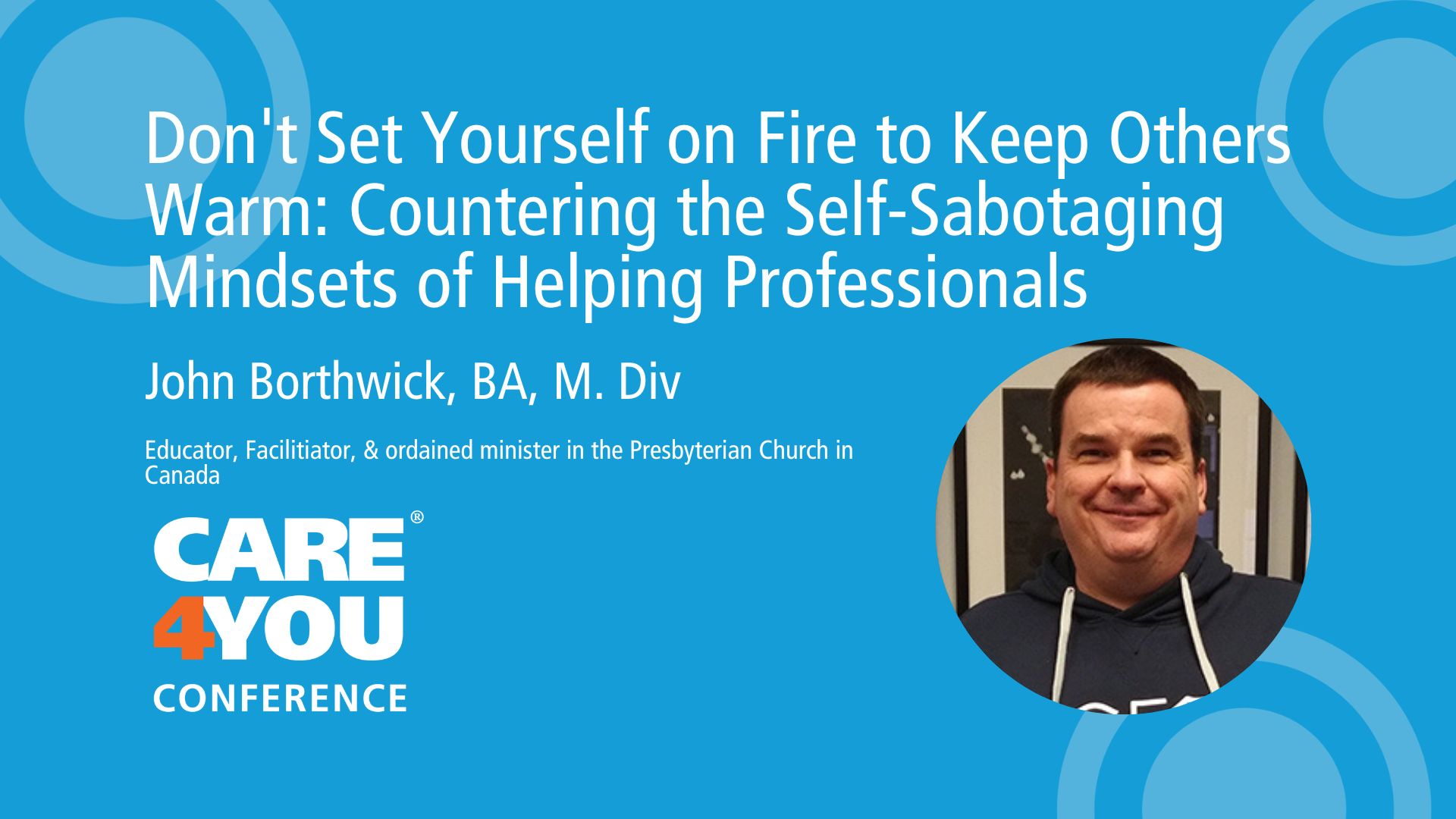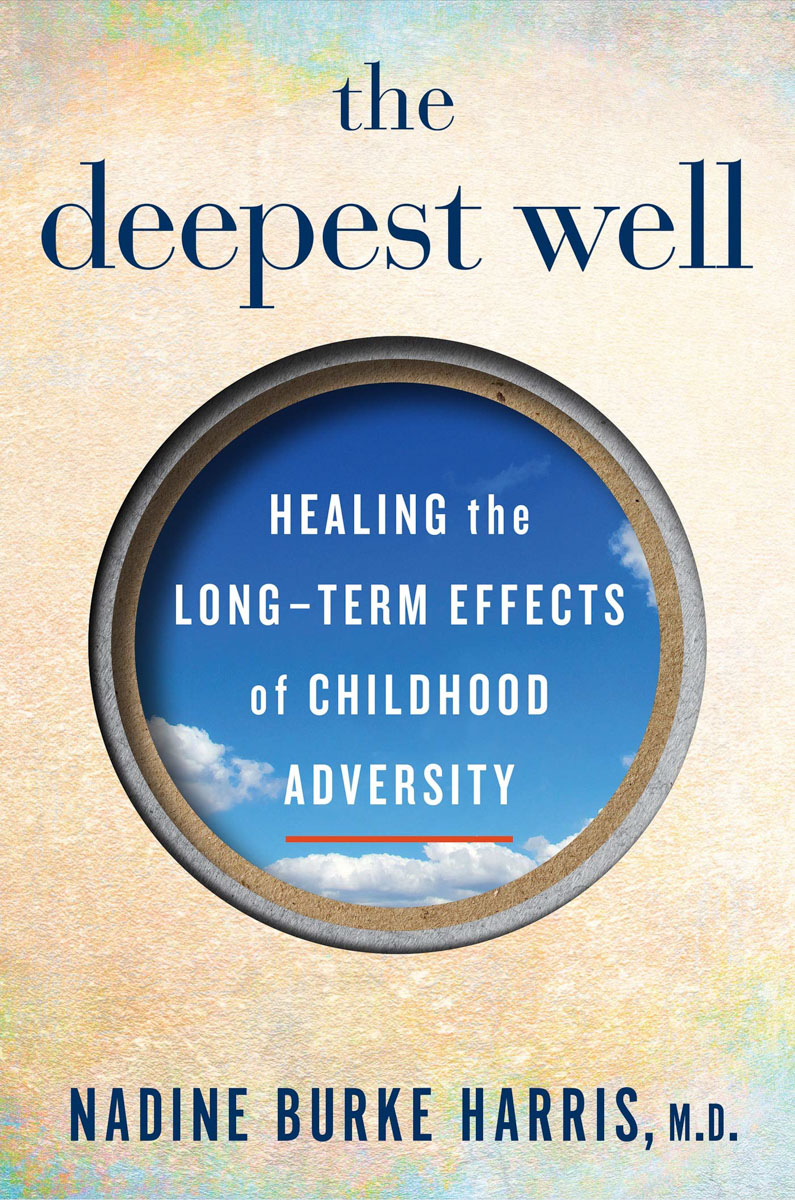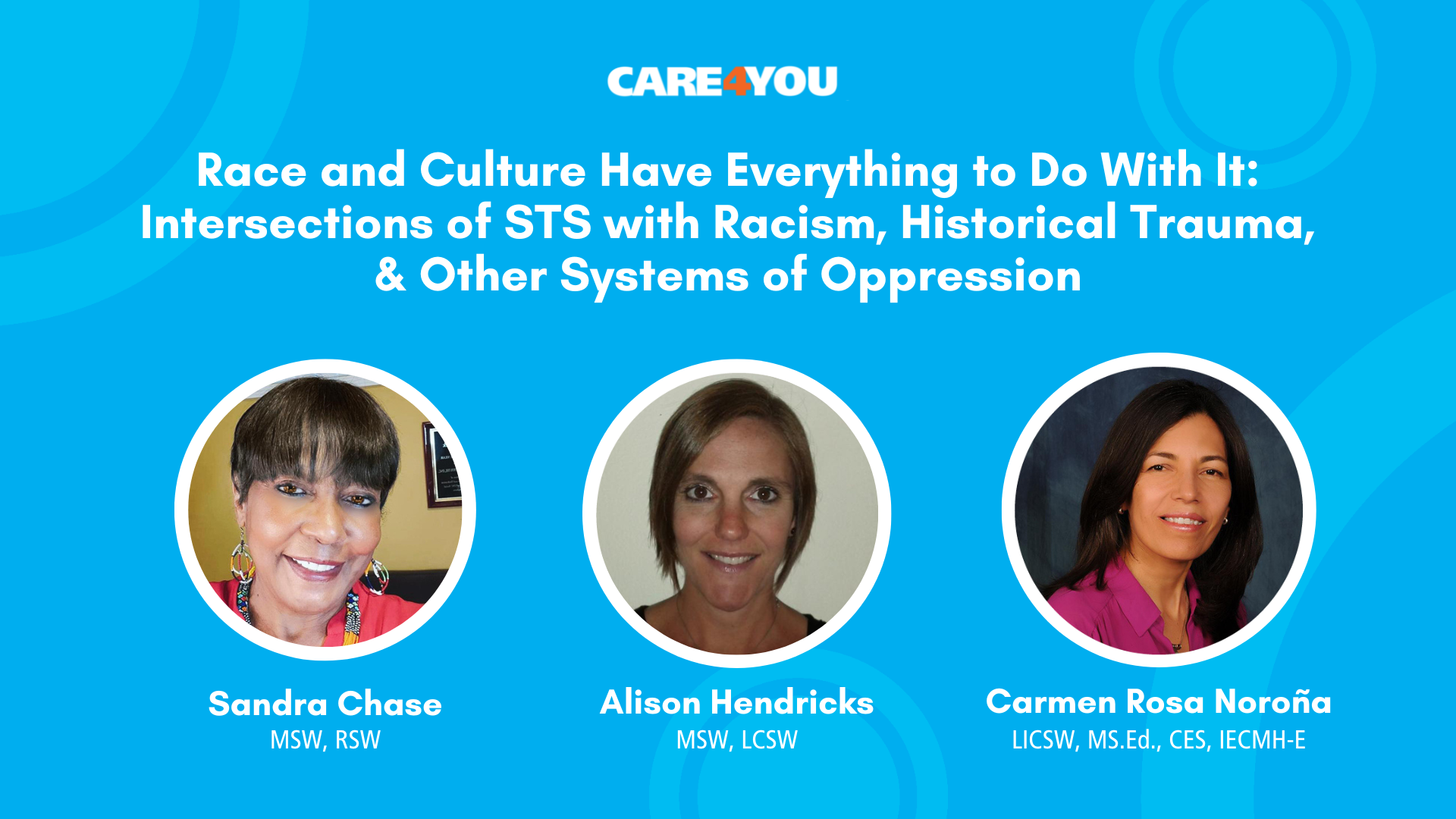Relationship-Centered Care is Better Care
The Importance of Incorporating Cultural Humility in Our Work
Relationship-Centered Care is Better Care
The Importance of Incorporating Cultural Humility in Our Work
About the Video
We serve people from a rich diversity of backgrounds and cultures. Although we know that a one-size-fits-all approach to care is ineffective, becoming culturally competent can often feel like an impossible task. However, if we do not consider our clients within the context of their culture, we risk missing the mark and being misled by our own beliefs and assumptions.
In this session Donna Shanor will invited you to adopt a lens of cultural humility, “check your own baggage” by expanding your self-awareness, and understand how culture can influence one’s experience of trauma.
Recorded in June 2020 as part of the Psychological PPE Program.
Additional Resources
County Health Rankings and Roadmaps | » WEBSITE
*Note that the Institute for Clinical Systems Improvement (ICSI) has ended operations as of January 1, 2022
About the Presenters

Donna Shanor
LCSW, LCDC
Donna Shanor is the Director of Clinical Social Work at University of Texas Dell Medical Center and UT Health Austin in Austin, Texas. She has 15+ years of experience working with cross cultural issues, domestic violence, substance abuse, mood disorders, and trauma. Donna has served on the Trauma-Informed Care Consortium of Central Texas since 2013.



